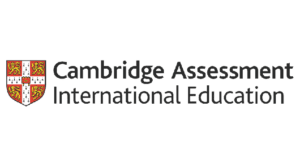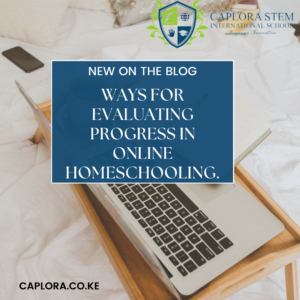

to progress at their own pace. However, effective assessment and accountability mechanisms are
crucial to ensuring that students are meeting educational standards and achieving their academic
potential. Here you will see the importance of assessment in online homeschooling and the
available strategies for evaluating progress while maintaining the benefits of a flexible learning
environment.
Create clear learning objectives:
Start by creating clear and quantifiable learning goals for each topic. Defining goals helps
parents and students know what is expected of them and provides a foundation for
effective evaluation.
Diversify your assessments methods:
Diversify Your Assessments Diversify your Assessments Explore ways to assess students
that go beyond the usual testing methods. Create projects, presentations, or portfolios that
allow students to present their knowledge in different ways, depending on their learning
style.
Using regular progress assessments:
Implement regular assessments, such as quizzes, tests, and assignments, to gauge a
student’s progress. These assessments should align with the learning objectives and
provide valuable feedback on areas of strength and areas that may need further attention.
Encourage self-assessment and reflection:
Foster a sense of responsibility and self-awareness by encouraging students to assess their
own progress. Self-reflection exercises and goal-setting can empower students to take an
active role in their learning journey.
Include standardized testing:
Incorporate standardized testing at regular intervals to gauge a student’s progress in
comparison to national or state standards. This offers an objective assessment of their
accomplishments and aids in pinpointing areas that require enhancement.
Tracking students attendance and participation:
Ensure accountability by closely monitoring attendance and participation. Actively
participating in online discussions, virtual classes, and group projects plays a vital role in
evaluating a student’s overall learning journey.
Implementing parent-teacher conferences:
Establish a system for conducting frequent virtual parent-teacher conferences, aiming to
evaluate a student’s development, tackle any concerns, and jointly strategize for
upcoming educational objectives. Effective assessment greatly relies on fostering open
lines of communication between parents and educators.
In summary, the incorporation of assessment and accountability is crucial for the effectiveness of
online homeschooling. By blending conventional techniques with inventive strategies, parents
and educators can establish a comprehensive evaluation system that fosters academic progress,
personal growth, and a feeling of accomplishment for students participating in online learning
settings. Consistent assessment not only guarantees the fulfillment of educational benchmarks
but also empowers students to assume responsibility for their educational journey.
